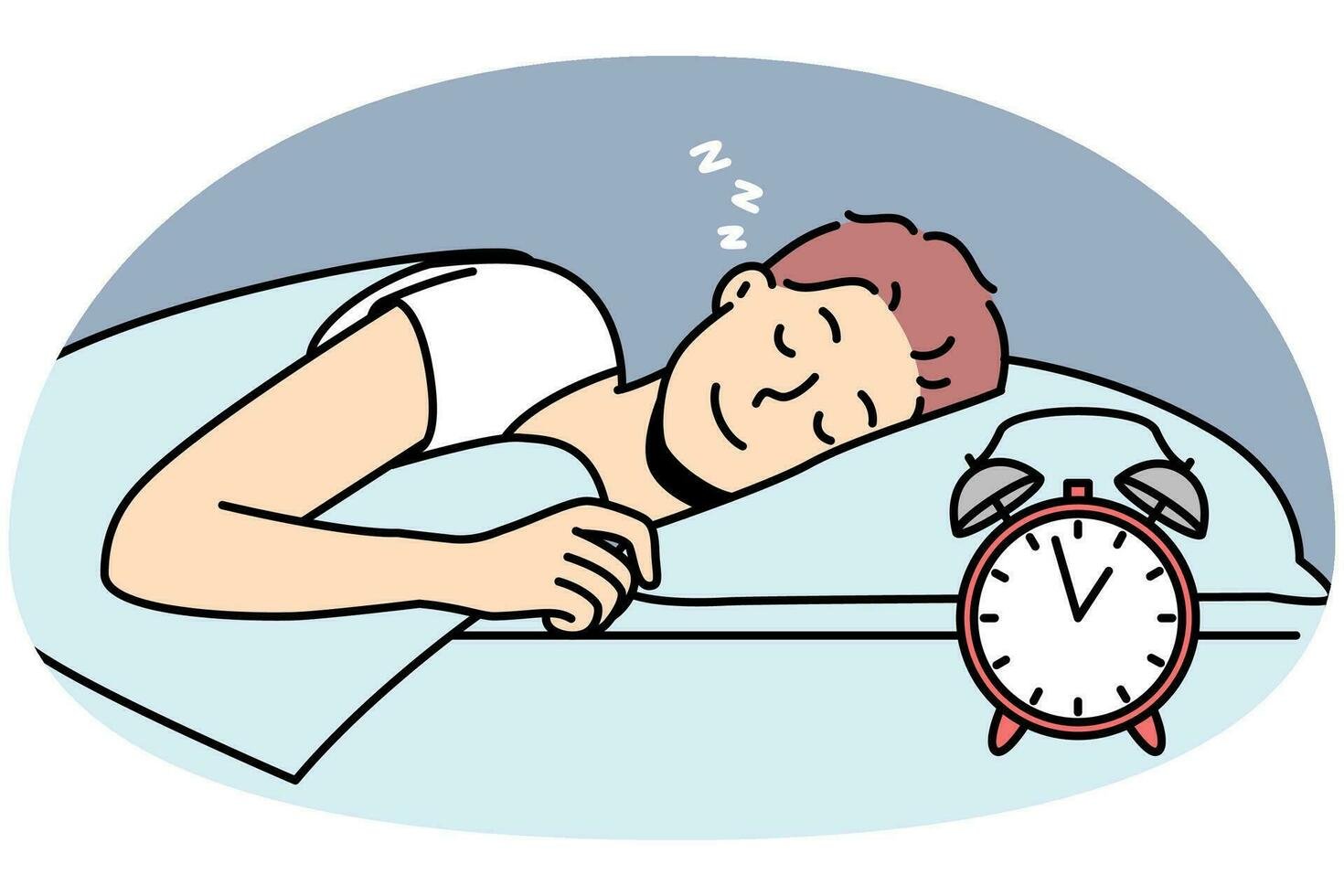
As teenagers, we’ve all been there: staying up late studying, gaming, or scrolling, then crashing hard on the weekend to “catch up” on sleep. Sleeping in feels amazing in the moment, but have you ever noticed that after sleeping way past your normal wake-up time, you actually feel more tired? It’s not just in your head—oversleeping can disrupt your energy levels, and understanding why can help you build healthier sleep habits.
With winter break upon us—a time when many of us finally have the chance to sleep in—it’s crucial to find a balance between rest and routine. Let’s break down what oversleeping really is, why it can make you feel groggy, and how to establish a sustainable sleep schedule.
What Is Oversleeping?
Oversleeping is typically defined as sleeping significantly beyond the average recommended 7-9 hours per night for teenagers and adults (Hirshkowitz et al., 2015). While it might feel like a luxury to get 10+ hours of sleep on a weekend or during break, research shows that consistently exceeding your natural sleep needs can lead to grogginess and decreased alertness.